Posted on 10/31/2025
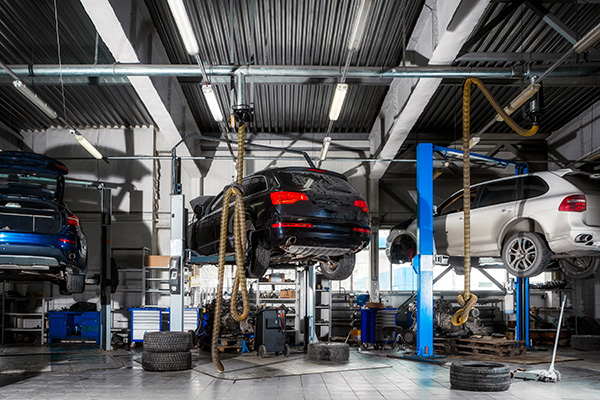
Everyone picks up a few driving habits over the years. Some are harmless, but others quietly wear down your vehicle without you realizing it. These little habits may not seem like a big deal, but over time, they can lead to major repair bills and unexpected breakdowns. If you’re looking to keep your car running well and avoid unnecessary trips to the shop, these are some habits worth breaking. 1. Riding the Brakes on Downhills It’s tempting to keep light pressure on the brake pedal while heading downhill, but this creates constant heat in your braking system. That heat wears out your brake pads and can even cause your rotors to warp. Instead, shift into a lower gear if you drive a manual or select the appropriate “L” or “2” mode in an automatic. Let engine braking help control your speed, and apply the brakes only when necessary. Your pads and rotors will last longer, and your braking performance will stay stronger over time ... read more
Posted on 9/26/2025
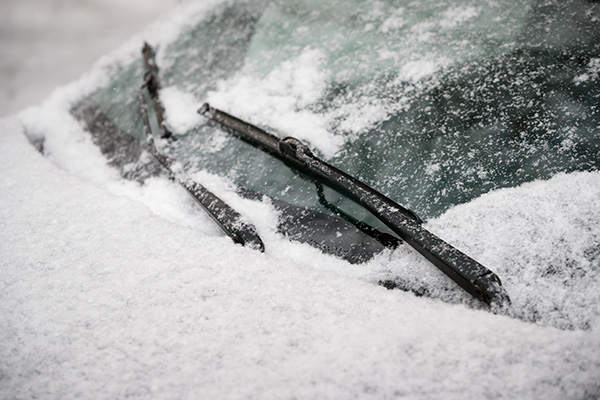
When temperatures dip, vehicles tend to behave differently. Some issues that seemed minor during warmer months can suddenly become obvious. Cold air affects how fluids flow, how rubber components respond, and how electrical systems perform. If something is already wearing out or slightly off, winter is likely to bring it to your attention. Below are six common problems that often get worse as the weather gets colder. 1. Battery Power Drops in the Cold Car batteries lose strength as temperatures fall. The chemical reaction inside slows down, which reduces the amount of power the battery can deliver. At the same time, the engine requires more energy to turn over when it’s cold outside. If your battery is more than three years old or you’ve noticed sluggish starts, now is the time to have it tested. A weak battery that barely made it through the summer may not survive a cold morning. 2. Tire Pressure Falls and Tread Issues Show Up Cold a ... read more
Posted on 8/29/2025
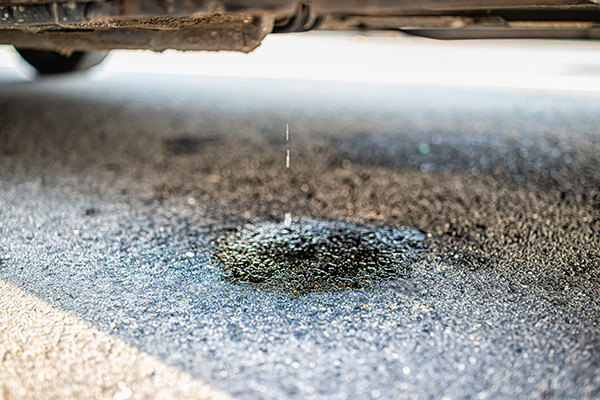
Fluid leaks are one of the clearest warning signs that your vehicle needs attention. Every fluid in your car plays a critical role in performance, safety, and reliability. While some drivers may dismiss small spots in the driveway as minor, even small leaks can point to issues that will grow worse over time. Understanding the most common fluid leaks and their implications helps you address problems early, before they lead to major repairs. 1. Engine Oil Leaks Engine oil leaks are among the most common issues drivers face. Oil keeps your engine lubricated, reducing friction and heat. When seals or gaskets wear out, oil can escape and collect under the vehicle. Common leak points include the valve cover gasket, oil pan gasket, and crankshaft seals. If ignored, an oil leak can lower the oil level enough to starve the engine of lubrication, leading to premature wear or even catastrophic failure. Drivers may also notice a burning smell if leaking oil drips onto hot engin ... read more
Posted on 7/29/2025
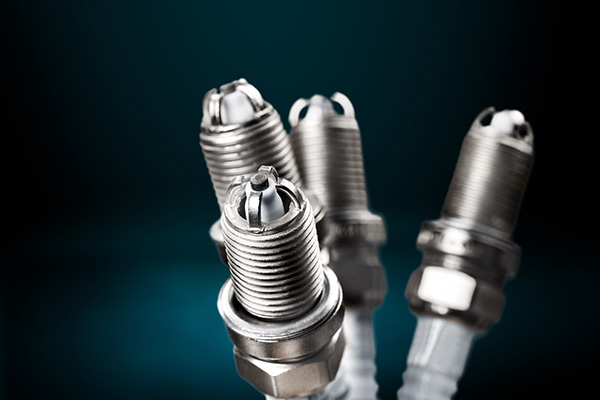
Summer driving should be smooth and enjoyable—but when your engine begins to hesitate or stall unexpectedly, it can quickly ruin your trip. One often-overlooked cause of engine trouble, especially in warmer months, is worn or faulty spark plugs. While they’re small and inexpensive parts, spark plugs play a crucial role in engine performance. If they aren’t working properly, your vehicle may stall, misfire, or struggle to start, especially in hot conditions. We’ll explain how bad spark plugs affect your car, why symptoms often worsen in the summer, and what you can do to keep your engine running smoothly. Why Spark Plugs Are So Important Spark plugs are responsible for igniting the air-fuel mixture inside your engine’s cylinders. Every time your engine runs, each spark plug produces a spark at precisely the right moment, creating a controlled explosion that powers the engine. This happens thousands of times per minute, and it has to be c ... read more
Posted on 6/27/2025

Long drives offer a chance to bond, explore new places, and create family memories. But if you’ve ever taken a road trip with young kids, you know that keeping them happy and entertained in a confined space for hours isn’t always easy. The chorus of “Are we there yet?” can start before you’ve even left your zip code. Fortunately, with a bit of planning and a handful of engaging games, you can turn the journey into part of the adventure. Road trip games encourage creativity, build family connections, and make the miles go by faster for everyone in the car. Verbal Games That Don’t Require Screens or Supplies Verbal games are a great place to start. They require no preparation and no materials and can be played by passengers of almost any age. Games like “I Spy” are simple and effective. One person picks an item visible in or outside the car and says, “I spy with my little eye, something that begins with…&rd ... read more
Posted on 5/30/2025
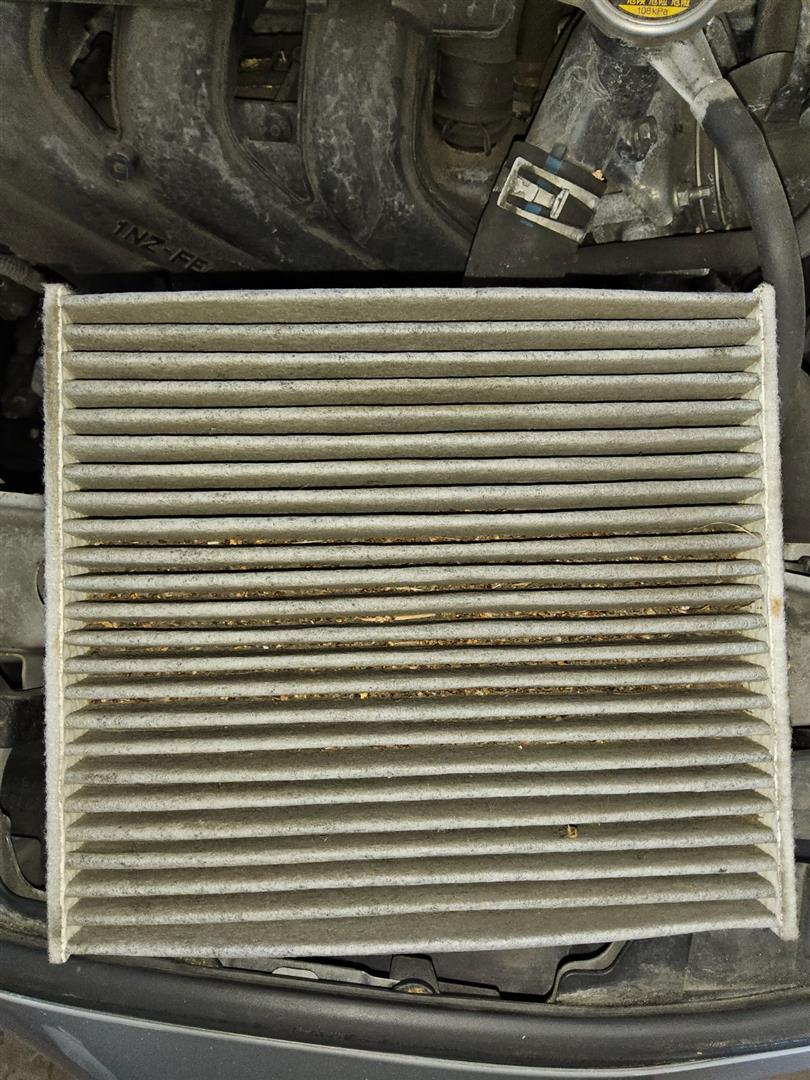
Fuel efficiency is a big concern for most drivers, especially with rising fuel prices and busy daily commutes. While many factors can affect how far your gas goes, one often overlooked component is your engine air filter. It may not seem like a critical part of your fuel system, but a dirty or clogged air filter can directly impact how efficiently your engine burns fuel and, ultimately, how much you spend at the pump. If your car’s been running rough or your fuel economy isn’t what it used to be, your air filter could be part of the problem. What the Engine Air Filter Does The engine air filter prevents dust, dirt, pollen, and debris from entering the engine's intake system. Clean air is vital for combustion, and your engine needs a precise mix of fuel and oxygen to run efficiently. When the filter is clean, air flows freely into the engine. But when it becomes clogged with dirt and particles, airflow becomes restricted, and the engine has to work ha ... read more
Posted on 4/28/2025
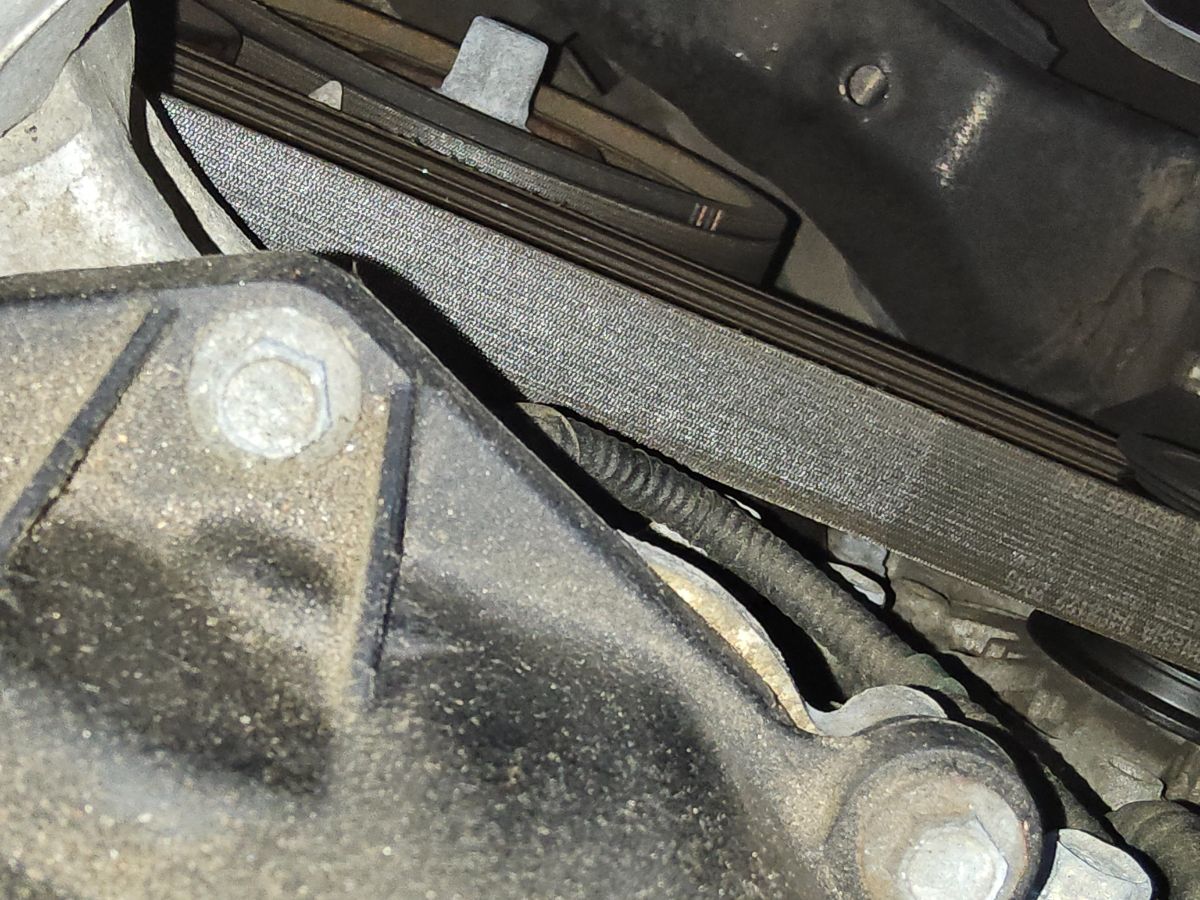
That high-pitched squeak you hear when starting your car or accelerating may seem harmless at first—but it’s often a warning sign that your engine’s accessory belt needs attention. Ignoring it can lead to more than just an annoying noise. Over time, it could leave you stranded with a failed belt and no functioning alternator, water pump, or power steering. If your vehicle’s belt has started squealing, here’s what could be causing it and why it’s best not to wait to have it checked out. What That Squeaking Sound Means Most squeaks come from the serpentine belt—a long, continuous belt that powers several key engine components. It connects to pulleys on the alternator, air conditioning compressor, power steering pump, and water pump. If the belt isn’t gripping the pulleys properly, you’ll hear a squeal, especially during startup, rapid acceleration, or when turning on the A/C. These noises are usually caused by sli ... read more
Posted on 3/28/2025

You press down on the hood and expect to hear that satisfying click—but instead, it just bounces back up. Or maybe it latches halfway, but never feels fully secure. If your car’s hood isn’t closing like it should, it’s not just frustrating—it’s a safety concern. Driving with a hood that’s not latched properly is dangerous, especially at high speeds. This kind of issue can stem from a few different problems, some of which are simple to fix, while others may require a bit more attention. Understanding what’s happening under that misbehaving hood can help you get it resolved before it leads to bigger problems. Common Reasons Your Hood Won’t Latch There are several reasons why your hood might not close all the way. Some are mechanical, others are related to alignment or even corrosion. Here's what might be going on: Faulty Hood Latch Mechanism Over time, the latch that holds the hood shut can we ... read more
Posted on 2/28/2025
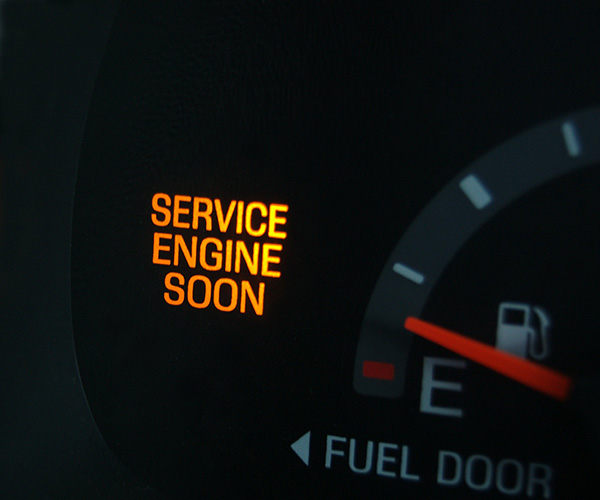
Noticing your oil level dropping without any visible leaks? It’s a common concern for drivers, and while some oil consumption is normal, excessive loss could mean trouble. Ignoring it could lead to bigger issues, from reduced engine performance to costly repairs. So how do you know when it’s a minor issue or something more serious? Why Do Cars Naturally Consume Oil Engines generate intense heat and friction, which can cause small amounts of oil to be burned off over time. This is especially common in older engines or vehicles with high mileage. Even new cars may consume a slight amount of oil between changes due to the way oil moves through the system to lubricate vital components. How Much Oil Consumption Is Normal The amount of oil a car should consume varies by make and model, but many manufacturers consider using up to a quart of oil every 1,000 to 3,000 miles within normal limits. However, newer cars with modern engines should cons ... read more
Posted on 1/31/2025
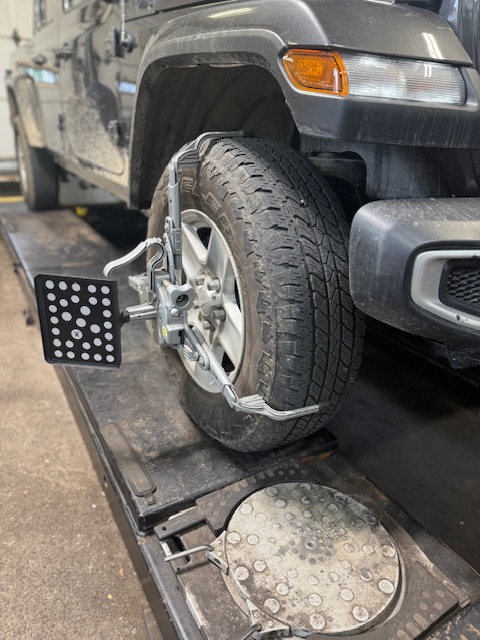
Feeling your steering wheel vibrates while driving can be both frustrating and concerning. It’s not just an annoyance—it’s often a signal that something in your vehicle needs attention. Steering wheel vibrations can result from several issues, ranging from minor problems like tire imbalances to more serious concerns like suspension or brake troubles. Let’s look into the most common causes of steering wheel vibrations and why addressing them promptly is critical. Tire Imbalances or Misalignment One of the most frequent culprits behind steering wheel vibrations is improperly balanced or misaligned tires. Over time, the weight distribution on your tires can become uneven, causing the steering wheel to shake—especially at higher speeds. Similarly, if your wheels are out of alignment, your car’s handling can be affected, resulting in a vibrating steering wh ... read more